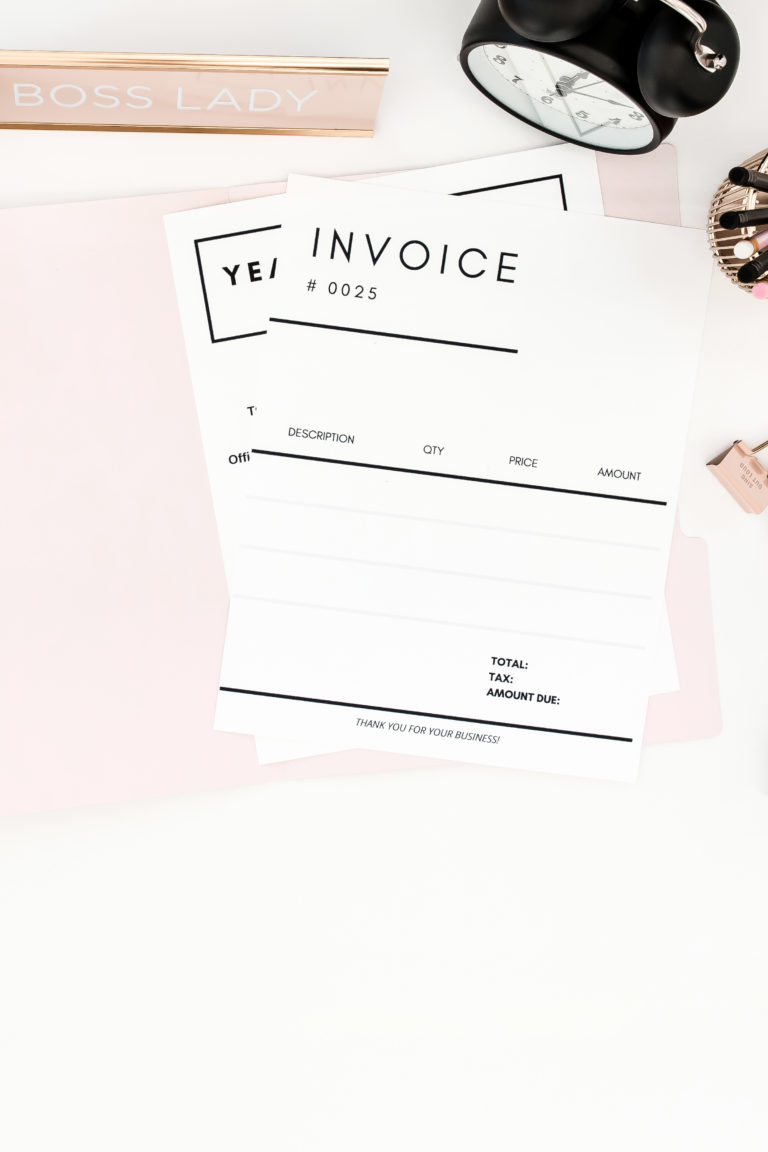Teaching Kids About Money
A great money mindset doesn’t just happen. It takes time and perseverance, especially with teaching kids about money. One of the best lessons I learnt early on in the piece was the real value of money. My family worked really hard my whole life. I watched them scrimp and save for family holidays, car updates and the rest. You can bet your bottom dollar (pun intended) if I wanted something special, I had to earn it. At the time, I was not a fan of the process but looking back now, I realise those lessons set me up to be financially savvy. I’ve taken those learnings with me and built a career out of them! And now, my boys get to be my money mindset students. Ha!
Christmas is just around the corner so it’s a good time to help your kids understand the value of a $. If you’re not sure how to teach your kids about money, I’ve got a few tips here, just for you.

Talk To Them About The Value Of Money
First up, children really benefit from knowing the value of money. It’s a hard concept for kids to understand (they think it literally grows on trees and is never ending!) so here are some talking points to get the conversation flowing:
- How you earn money: explain you have to earn money before you spend it. Let them know that’s why you work.
- How you spend money: the cost of running a house, explain how the family budget is spent. for example, groceries, mortgages, school fees and the rest.
- Needs vs wants: explain the needs of the family vs the wants of the family, encourage them to think about how much each item really costs.
- I don’t say – we don’t have any money at the moment when they ask for Every. Little. Thing. So they know we haven’t run out and stress them – they’re only little! I tell them we’re saving our money for something else.
Set Up A Bank Account
This is something you can do easily. Mine have had a Spriggy Bank Account for a while now, it’s super easy and a great learning tool in itself. Once you have one, you can track savings and spendings with ease. Set goals of something they’d like to buy. Super helpful. They just need to be 6 yo for Spriggy and their own keycard. You can also check with your bank what kids accounts/options they have if you prefer to keep it all together.

Give Kids Pocket Money
Part of learning about money is learning how to make it! Set up a value board and let them know how much they can make if they help around the house. Make sure each task is age-appropriate and achievable. For example:
- Taking the rubbish out
- Stacking the dishwasher
- Folding washing
- Cleaning their rooms
- Sweeping the floor
- Making the beds
Put these on a roster and work with them to total their earnings for the week.
Some don’t agree with pocket money for chores, it’s what you need to do as part of the family and it’s not paid. That’s totally cool – do something else that works for you and your values.
Help Them Save
This is the excellent thing about having a bank account for them, you can add their pocket money into their account and show them how much money they have. Ask them to choose something really special they would like and set goals with them – which we do in the Spriggy app. We put half of the pocket money into savings. The rest they can spend or put towards the goal they’ve chosen.
Working and saving towards something is such a valuable lesson! One is super excited he’s almost reached his goal to be able to buy a new watch.

Have Open Money Conversations
Don’t make money a dirty word! Let them see how much you are paying for a weekly grocery shop, show them the dentist bill and keep the education going. As they get older, increase their knowledge. For example, credit cards and interest rates, borrowing from banks, selling items for profit etc.
Money is a lifelong learning curve after all. Help set them up with some great life skills and a positive money mindset. So many people have mindset blocks they need help with that stem from when they were young. But that’s another story.
How do you talk about money with your kids? Email me and let me know or any tips you have and use to help with teaching your kids about money.
Yours in money matters,







